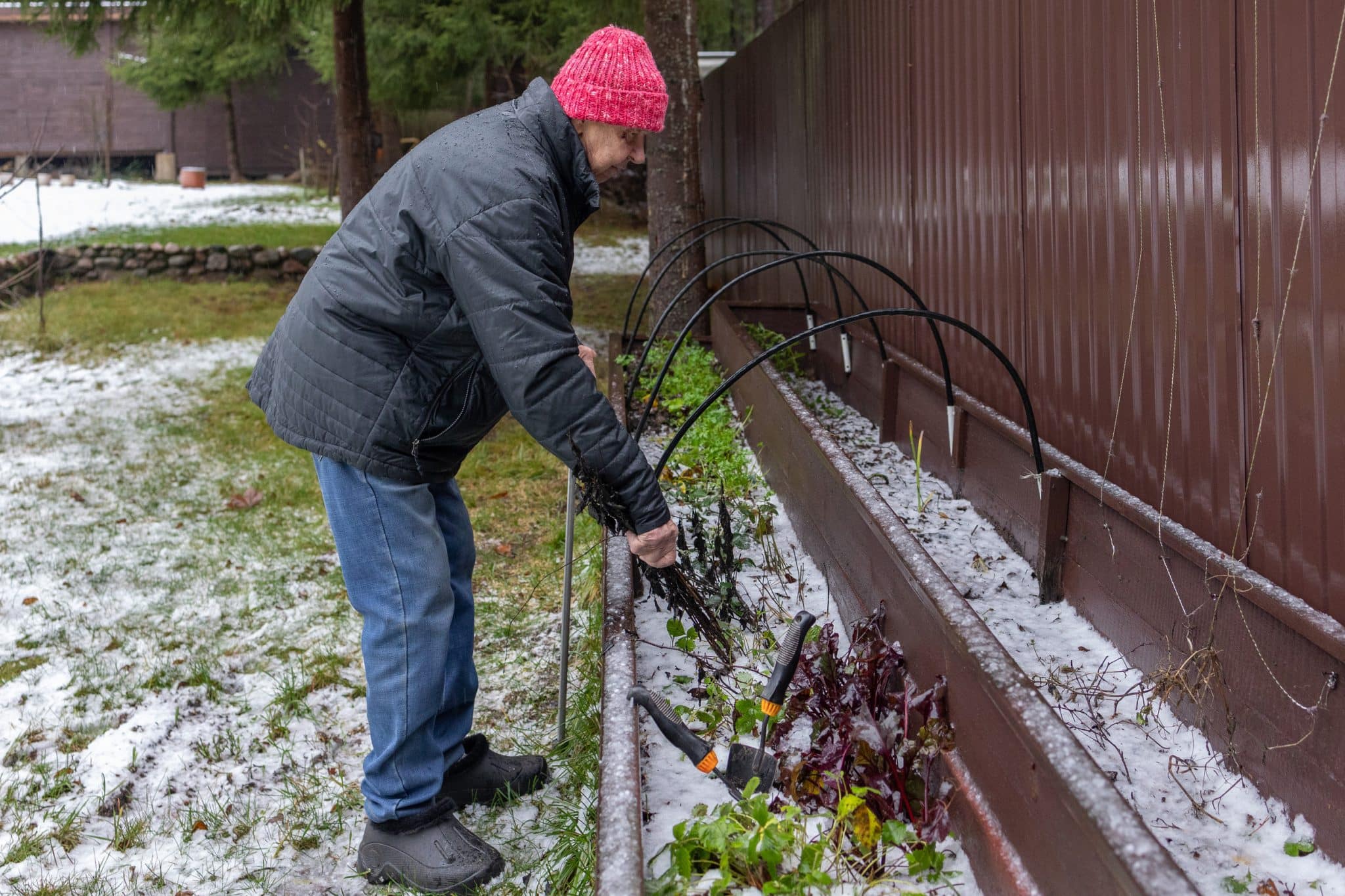Image Credit: Koliadzynska Iryna/shutterstock.com
Flowering plants play a crucial role in sustaining wildlife, particularly through the production of nectar, which serves as a key food source for various pollinators and beneficial insects. Understanding the importance of nectar-rich plants can enhance biodiversity and promote healthier ecosystems within gardens and natural habitats.
Nectar is produced by plants to attract pollinators, such as bees and butterflies, which feed on it and facilitate the pollination process. This mutualistic relationship benefits both the plants, which achieve fertilization, and the pollinators, which gain energy from the sugary liquid. Nectaries, the glands that produce nectar, are typically found in flowers that rely on animal pollinators, distinguishing them from wind-pollinated plants.
Some plants are particularly effective at producing nectar. For instance, Borage (Borago officinalis) is known for its quick replenishment of nectar, providing a continuous food source for visiting insects. By cultivating a variety of nectar-rich plants, gardeners can significantly enhance local biodiversity and support various pollinator species, which are increasingly threatened by human activities and climate change.
The benefits of planting nectar-rich species extend beyond attracting pollinators. These plants can also help attract predatory insects that control pest populations, contributing to a balanced and organic gardening ecosystem. In food-producing gardens, ensuring a steady supply of native pollinators enhances the pollination of fruits, berries, and other crops, ensuring successful harvests.
When selecting plants, it is advisable to choose species that are native to the local area. Native plants are more likely to thrive in specific environments and are essential in providing the necessary resources for local wildlife. By focusing on these native nectar-rich plants, individuals can foster a more resilient and stable ecosystem, positively impacting both the environment and agricultural productivity.
Check out the original article here: Source link



